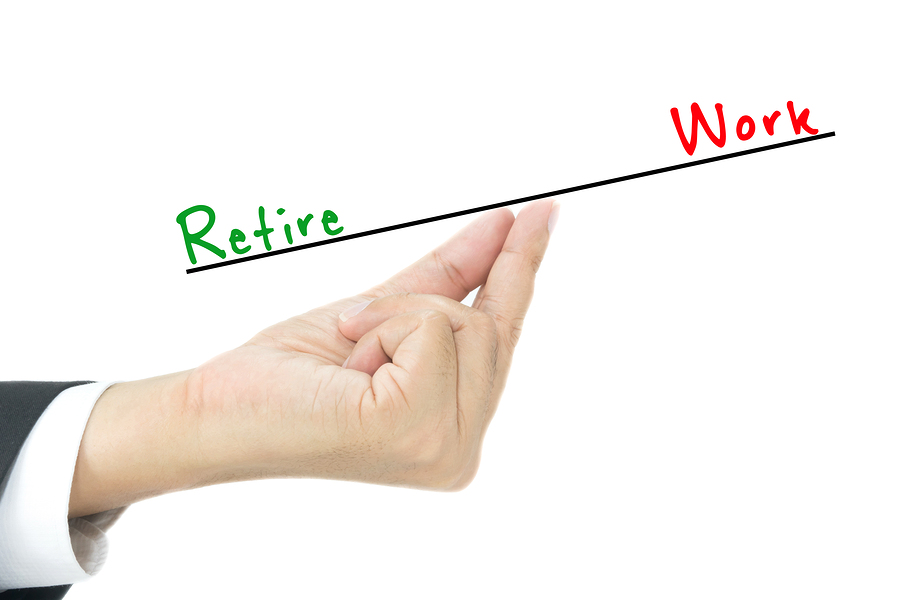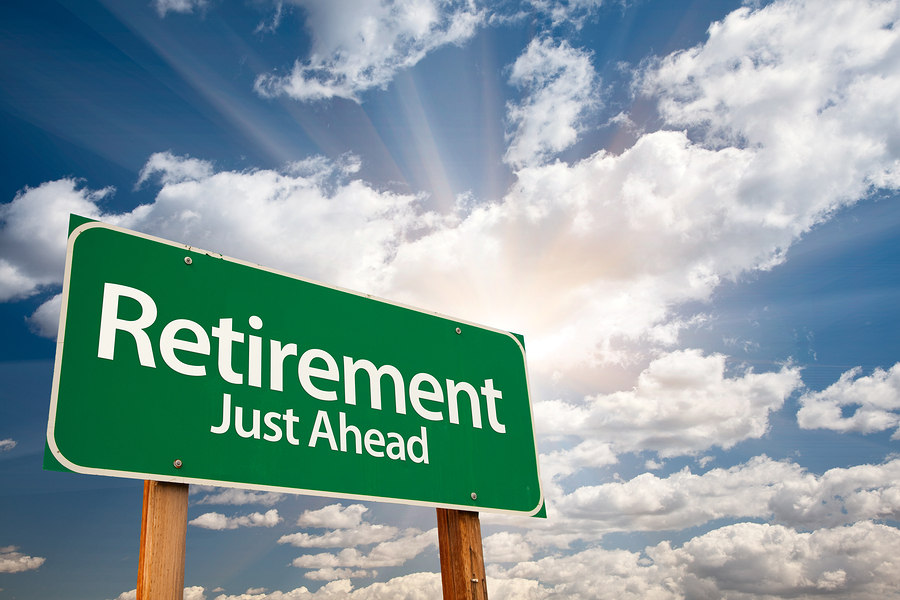Whether you’re one of the 78.2 million Baby Boomers in the U.S. approaching retirement or still planning for golden years down the line, the security of your financial future depends on more than socking away savings in stocks, bonds, mutual funds and real estate. You also need to invest in your health through regular exercise. Consider the many ways physical fitness and financial security go hand in hand.
Physical Fitness and Serious Illness
Regular exercise helps prevent serious illnesses including Type 2 diabetes, metabolic syndrome, heart disease, stroke, lung cancer, colon cancer and breast cancer. Medications and surgery for the treatment and management of conditions like these can take a big bite out of retirement dollars—so reducing your chances of developing them makes definite financial sense. The healthier you are, the farther your savings will carry you.
For substantial health benefits, the Department of Health and Human Services recommends older adults engage in at least 2.5 hours per week of moderate intensity aerobic exercise or 1.25 hours per week of vigorous intensity aerobic exercise. You should also work in muscle strengthening exercises involving all major muscle groups at least twice a week.
Physical Fitness and Injury
As you age, it becomes increasingly important to protect your muscles, joints and bones. Doing so is particularly essential if you want to maintain your ability to complete daily physical activities independently and avoid the cost of a home caregiver, assisted living facility or nursing home. Fortunately, regular exercise can help you maintain mobility and slow the age-related loss of bone density. This has many benefits, including reducing your risk of hip fractures.
Hip fractures almost always require repair or replacement followed by months of extensive physical therapy. According to the Centers for Disease Control and Prevention, one out of five hip fracture patients will even die within a year of injury. One in four previously independent seniors will remain in a nursing home for at least one year after hip replacement surgery.
Physical Fitness and Recovery
Seniors who are physically fit enjoy faster recovery from illness, injury and surgeries. One study on seniors recovering from hip replacement surgery found those who exercised regularly before their operations were able to use stairs, the bathroom, and get in and out of a chair unassisted faster than those who did not. This means they spent less time in the hospital and less time in physical therapy. A faster return home, and even fewer illnesses or injuries requiring hospitalization, will help you save money and preserve those valuable retirement savings.
Physical Fitness and Mental Ability
Regular physical activity can relieve tension and reduce anxiety and depression regardless of age. It can also improve your mental acuity by increasing oxygen flow to your brain. As a result, seniors who remain physically active are sharper mentally and able to postpone or reduce the cognitive decline that accompanies aging. In fact, studies show that seniors who begin exercising in their 50s can significantly reduce their risk of developing Alzheimer’s in their 70s.
The most common form of dementia, Alzheimer’s is a progressive disease with no known cure. According to the Alzheimer’s association, more than 5 million Americans are currently living with it—and their long-term care is costly. They expect the disease to cost the nation $203 billion in 2013 alone. Fortunately, regular exercise will reduce your chances that Alzheimer’s related expenses will consume your retirement capital.
Remember, whether you’re 50 or 75, you’re never too old to start a physical fitness program. Talk to your doctor about an exercise plan, start out slow and commit to a schedule. You may be surprised at just how quickly you’ll begin experiencing the many benefits of physical activity—including protection of your financial security.




